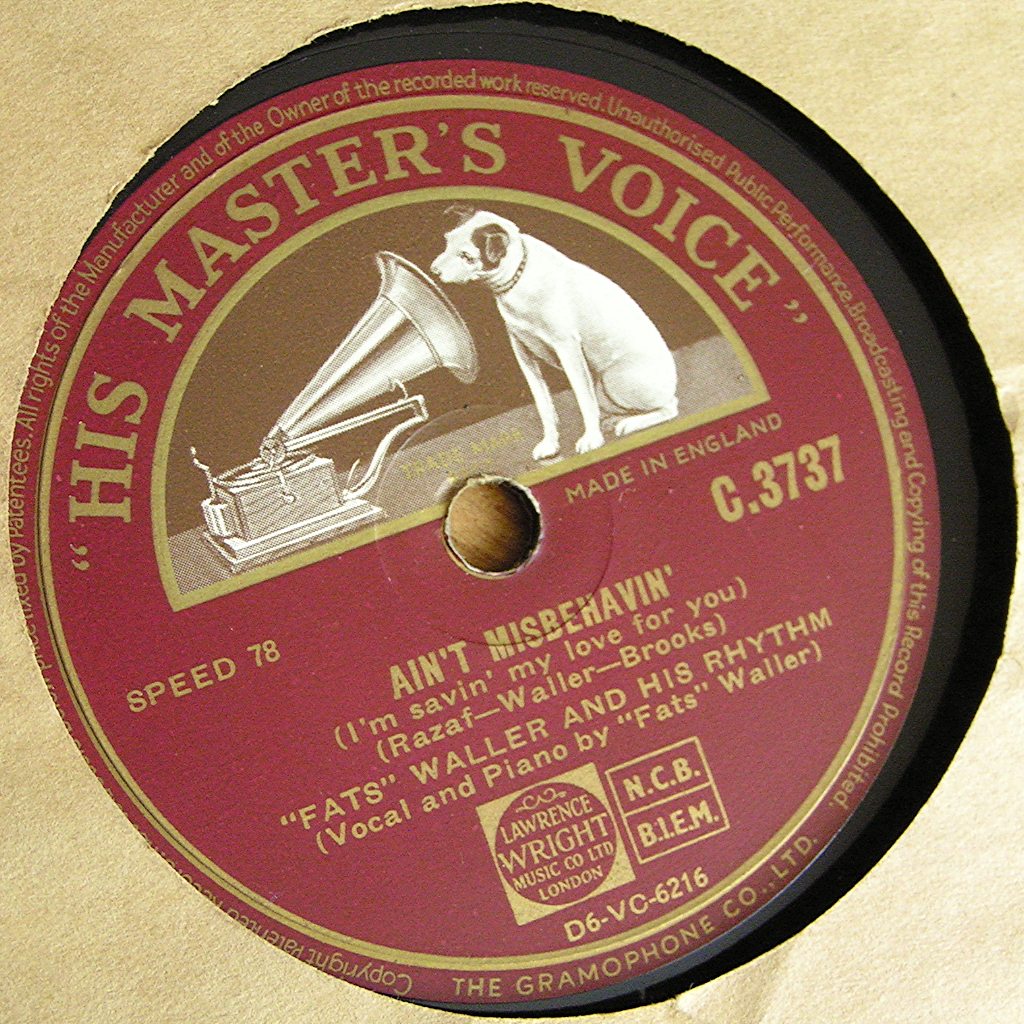As pet owners, we want nothing but the best for our furry companions. We carefully choose their food, making sure it’s nutritious and delicious. But when it comes to fats, many of us are left scratching our heads. Are they good or bad? How much is too much? The truth is, fats play a crucial role in your pet’s diet, but not all fats are created equal. In this article, we’ll decode the skinny on fats and help you understand how to make the right choices for your pet’s health.
1. “Unpacking the Mystery of Fats in Your Pet’s Diet”
Fats are an essential part of your pet’s diet. They provide energy, help absorb vitamins, and keep your pet’s coat shiny and healthy. However, not all fats are created equal, and it’s important to understand the different types of fats and their effects on your pet’s health.
Saturated fats are typically found in animal products and can contribute to heart disease and obesity. On the other hand, unsaturated fats, such as omega-3 and omega-6 fatty acids, are beneficial for your pet’s health. These fats can reduce inflammation, improve brain function, and support a healthy immune system. It’s important to choose pet foods that contain a balance of both types of fats to ensure your pet is getting the nutrients they need to thrive.
2. “Understanding the Role of Fats in Your Furry Friend’s Health”
Fats are an essential part of your furry friend’s diet. They play a crucial role in maintaining their overall health and well-being. However, not all fats are created equal, and it’s important to understand the different types of fats and their effects on your pet’s health.
One type of fat that is particularly important for your pet’s health is omega-3 fatty acids. These fats are found in fish, flaxseed, and other sources and have been shown to have numerous health benefits for pets, including reducing inflammation, improving skin and coat health, and supporting brain function. On the other hand, saturated fats, which are found in many animal-based products, can contribute to obesity, heart disease, and other health problems if consumed in excess. As a responsible pet owner, it’s important to ensure that your furry friend is getting the right balance of fats in their diet to support their health and well-being.
- Tip: Look for pet foods that contain high-quality sources of omega-3 fatty acids, such as salmon or flaxseed oil.
- Tip: Avoid feeding your pet foods that are high in saturated fats, such as fatty cuts of meat or dairy products.
3. “Navigating the World of Fats: A Guide to Choosing the Right Diet for Your Pet
When it comes to choosing the right diet for your pet, navigating the world of fats can be a daunting task. With so many options available, it can be difficult to know which fats are healthy and which ones should be avoided. Here are some tips to help you choose the right diet for your furry friend:
– Look for foods that are high in omega-3 fatty acids. These healthy fats can help reduce inflammation, improve brain function, and promote healthy skin and coat.
– Avoid foods that are high in saturated and trans fats. These unhealthy fats can increase the risk of heart disease, obesity, and other health problems.
– Choose foods that are low in calories and high in protein. This can help your pet maintain a healthy weight and build strong muscles.
In addition to choosing the right types of fats, it’s also important to pay attention to the amount of fat in your pet’s diet. Too much fat can lead to weight gain and other health problems, while too little fat can leave your pet feeling hungry and unsatisfied. To find the right balance, talk to your veterinarian and consider your pet’s age, breed, and activity level. With the right diet and a little bit of guidance, you can help your pet stay healthy and happy for years to come. In conclusion, understanding the role of fats in your pet’s diet is crucial for their overall health and well-being. While it may seem daunting to navigate the world of pet nutrition, decoding the mystery of fats is a great place to start. By providing your furry friend with a balanced diet that includes healthy fats, you can ensure they live a long and happy life. Remember, just like humans, every pet is unique and may require different nutritional needs. Consult with your veterinarian to determine the best diet for your pet and always read the labels on pet food to ensure you are providing them with the best possible nutrition. With a little bit of knowledge and care, you can help your pet thrive and be their healthiest self.

